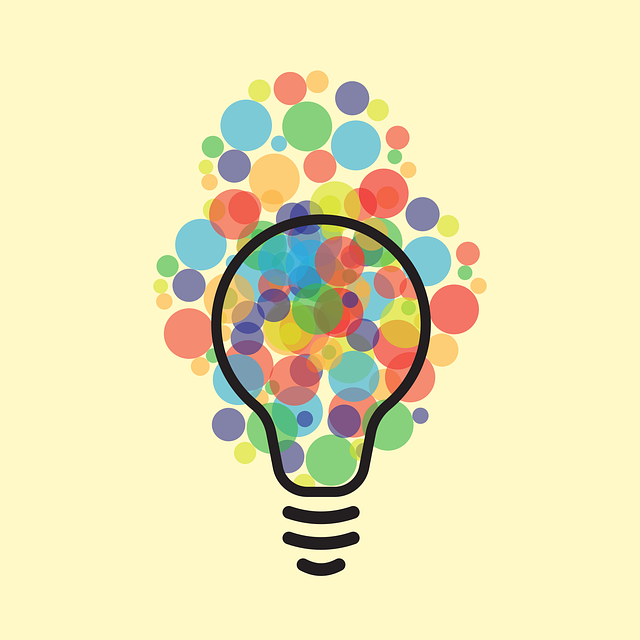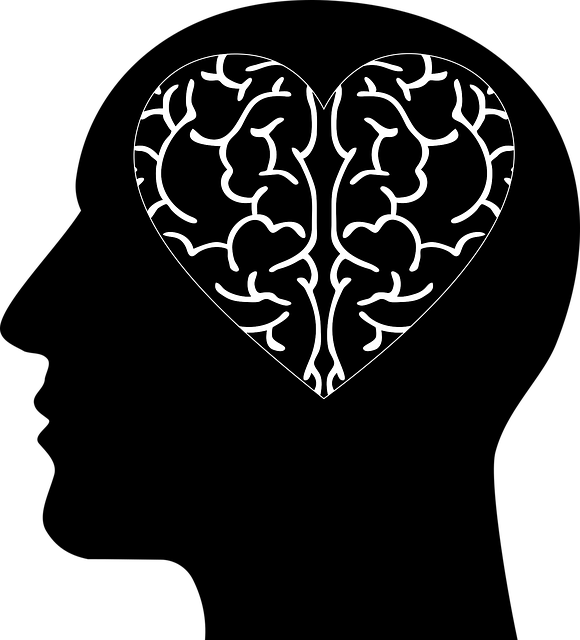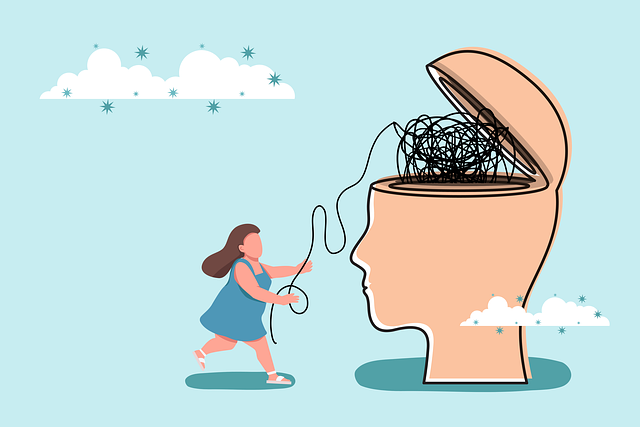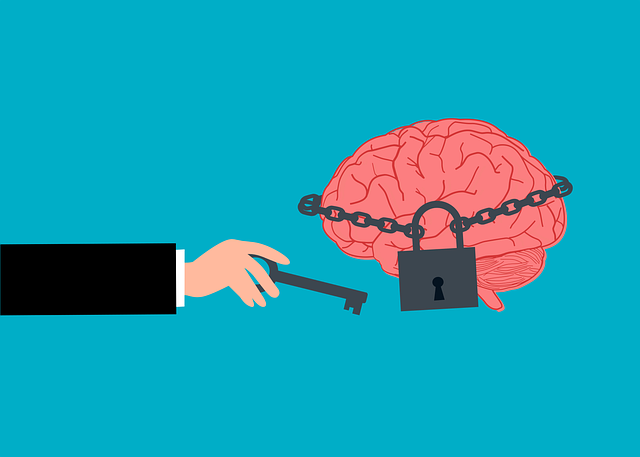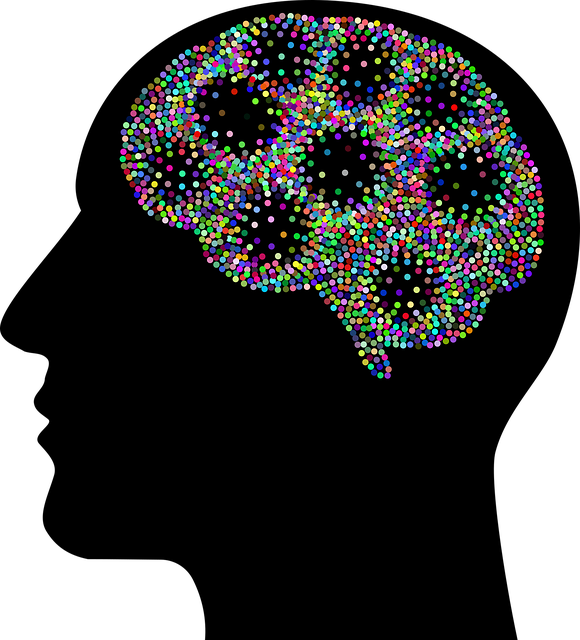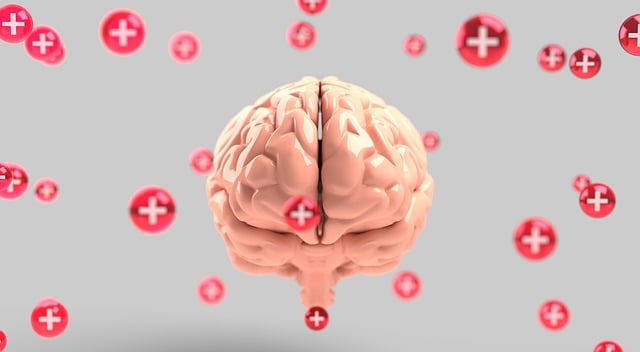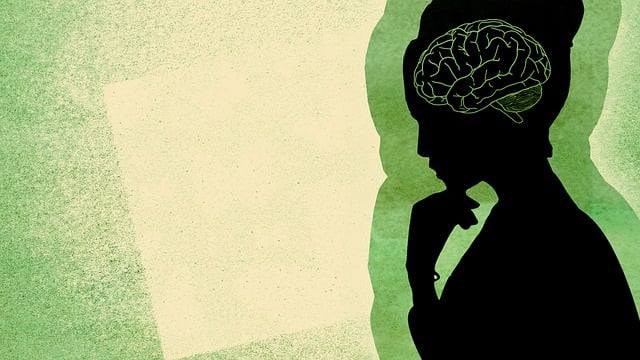Coping skills are crucial for elders' well-being, addressing physical health issues, social isolation, and cognitive changes that can weaken mental resilience. Somatic Experiencing (SE), a specialized therapy focusing on mind-body connection, enhances quality of life by helping process traumatic memories, improving mobility, promoting self-compassion, and strengthening social skills. Incorporating SE techniques like deep breathing and progressive muscle relaxation, along with open communication strategies, mitigates anxiety, prevents caregiver burnout, and strengthens bonds in elderly care settings.
Coping skills development is a vital aspect of elderly care, enhancing quality of life and well-being. As our population ages, understanding and implementing effective coping strategies become increasingly crucial. This article explores three key areas: understanding the significance of coping skills for elders, delving into the unique therapy approach of Somatic Experiencing tailored for the elderly, and providing practical strategies for healthcare professionals to integrate these skills into care plans. Discover how these elements can revolutionize eldercare.
- Understanding Coping Skills and Their Relevance for Elders
- Somatic Experiencing: A Unique Approach to Therapy for Elders
- Practical Strategies for Integrating Coping Skills in Elderly Care
Understanding Coping Skills and Their Relevance for Elders

Understanding coping skills is essential for promoting well-being among elders, a demographic that often faces unique challenges and stressors. As people age, they may encounter physical health issues, social isolation, and cognitive changes, which can significantly impact their mental resilience. Coping skills serve as adaptive mechanisms that enable individuals to navigate these difficulties and maintain a sense of balance. For elders, developing effective coping strategies is crucial for enhancing overall quality of life and potentially preventing conditions like burnout, which can be prevalent in this age group due to the aforementioned factors.
Therapy for elders, such as Somatic Experiencing, focuses on helping individuals process traumatic or stressful events and develop healthy coping mechanisms. By incorporating self-care practices tailored to their needs, elders can manage stress, improve emotional regulation, and foster a deeper connection with their bodies. Additionally, cultural sensitivity in mental healthcare practice is vital, ensuring that coping strategies are accessible and relevant to diverse elder populations, accounting for individual preferences and backgrounds. These comprehensive approaches to coping skills development are key to empowering seniors to navigate life’s transitions with greater resilience and well-being.
Somatic Experiencing: A Unique Approach to Therapy for Elders

Somatic Experiencing is a unique approach to therapy that has gained significant attention for its effectiveness in assisting elders in coping with various challenges. This method focuses on the connection between the mind and body, acknowledging that emotional and physical healing often go hand in hand. By tapping into bodily sensations and responses, this therapy helps elders process and release traumatic experiences, which can be particularly beneficial as memory and mobility issues may limit their ability to engage in traditional talk therapy.
For elders seeking trauma support services, Somatic Experiencing offers a gentle yet powerful tool for healing. Through specific techniques, it facilitates the reintegration of disconnected body parts, helping individuals regain a sense of wholeness. This approach also emphasizes empathy building strategies, fostering a deep understanding and compassion for oneself and others. Additionally, by combining somatic practices with social skills training, elders can enhance their ability to connect and engage with their support networks, further strengthening their coping mechanisms.
Practical Strategies for Integrating Coping Skills in Elderly Care

Incorporating effective coping skills into elderly care is a multifaceted approach that enhances the well-being and quality of life for seniors. For older adults, stress and anxiety can be exacerbated by various factors unique to their stage of life. Therefore, tailored interventions are crucial. One powerful method is Somatic Experiencing (SE), a therapy designed to help individuals process traumatic or stressful events stored in the body. SE techniques, such as deep breathing and progressive muscle relaxation, offer practical strategies for anxiety relief, making it an invaluable tool in elderly care settings.
Additionally, fostering open communication strategies is essential. Encouraging residents to express their feelings and concerns can prevent burnout among caregivers while improving elder engagement. Regular, non-judgmental conversations facilitate emotional support and problem-solving, addressing potential issues before they escalate. These communication methods not only strengthen caregiver-elder bonds but also contribute to overall mental health, thereby mitigating the risks associated with prolonged stress.
Coping skills development is a vital aspect of elderly care, enabling them to navigate life’s challenges with resilience. By integrating practical strategies and innovative approaches like Somatic Experiencing, which offers unique therapy for elders, we can enhance their overall well-being. Understanding and fostering effective coping mechanisms not only empowers the elderly but also contributes to a higher quality of life, especially in today’s digital era where support systems play an indispensable role.


